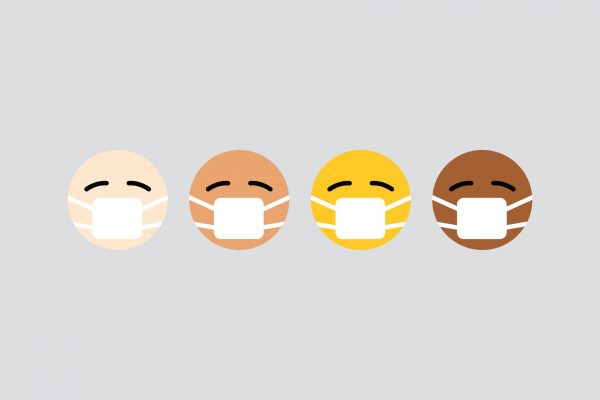Our resident expert – Respiratory therapist, postgraduate researcher and Imperial College PhD finalist, Yousef Alqurashi – explains for us.
Sleep and circadian rhythms
Our bodies have a 24-hour internal clock, also called a circadian rhythm, that controls when we should be awake and when we should be asleep.
If you ever feel sleepy after lunch time, then you should blame your circadian rhythm for that. The circadian rhythm is a 24-hour internal clock that synchronises our brain and controls when we should be awake and when we should be asleep. This clock is controlled by the clock gene, which controls the daily ups and downs of biological patterns, including body temperature, blood pressure and the release of hormones. These fluctuations are vital both in making us ready for the day and ready for sleep. However, when this rhythm is disrupted, it can have profound consequences on the body, brain and memory. This disruption can arise through sleep deprivation, not getting enough sunlight during the day or, paradoxically, being exposed to blue light at night.
The ideal amount of sleep for adults is 7-9 hours yet in the UK, it is estimated that two out of five people are not getting this. One out of five people sleep poorly most nights and this is mainly due to modern lifestyles. People now typically spend approximately 88% of their time in enclosed buildings, away from direct sunlight, which is the natural source of vitamin D. A deficiency of vitamin D has a direct influence on the clock gene, resulting in changes to the circadian rhythm and sleep patterns. Night shift workers are exposed to even less sunlight and are at particular risk of this. The use of electronic devices at bedtime is another significant factor as these devices expose the eyes to blue and intense light, which is known to supress melatonin production and impair alertness the next morning. This results in delayed sleep time, poor quality sleep and less sleep overall. Long distance travel can also induce these effects, known as jet lag, as the internal body clock becomes suddenly out-of-sync with the external environment.
Long-term sleep deprivation is the second most common health complaint in the UK, after pain, and has been associated with several diseases such as high blood pressure, coronary heart disease and stroke. More recently, some evidence has shown that sleep deprivation can significantly impair learning and cognitive abilities. Sleep physiology plays an important role in developing our understanding of the physiology behind sleep deprivation. It is hoped this understanding will inform new treatments that will correct the circadian rhythms and ultimately improve quality of life.
To appear in The Physiology Society: Sleep and circadian rhythms from mechanisms to function information booklet, 5-6th December 2018 at The Barbican, London.
Download this article in published PDF format here.



